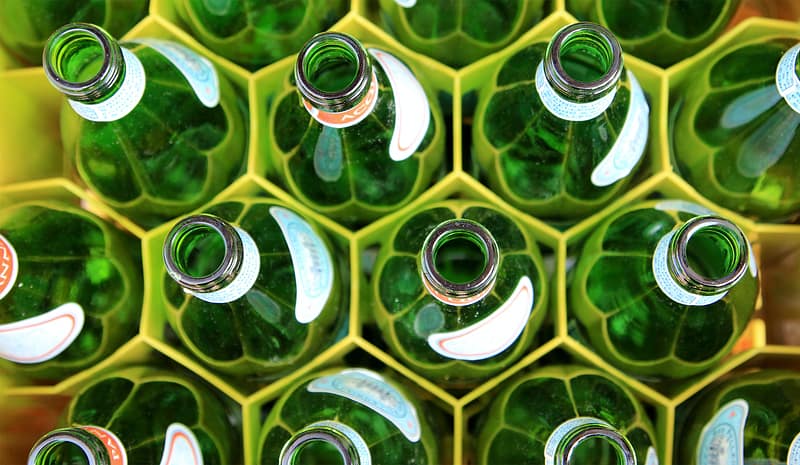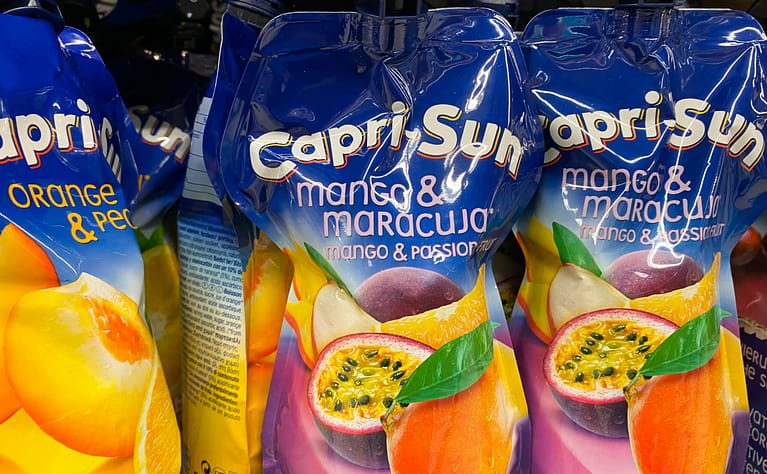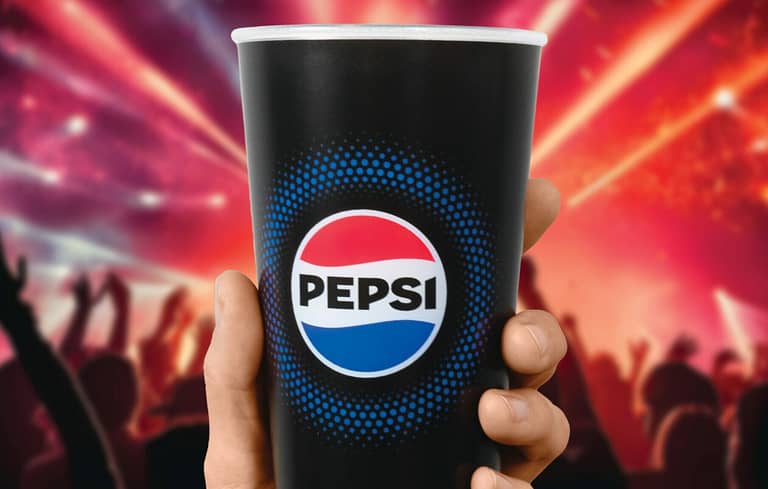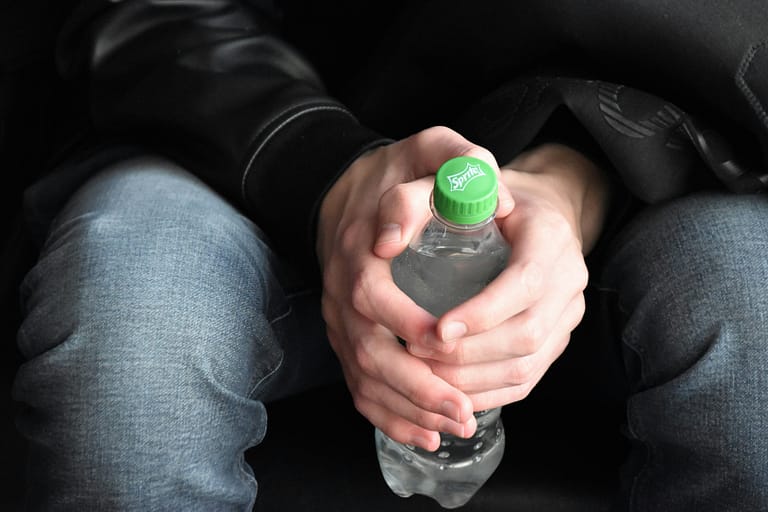Photo source: Unsplash
Latvia launches deposit system and gives value to packaging.
Thomas Reiner | 16.08.2021
Latvia will launch it’s deposit system for beverages. Automation of the collection of used beverage containers will be implemented with the help of reverse vending machines from the Tomra company. On the one hand, Latvia’s initiative shows the strong impact of (European) regulation. But above all, it also shows that sustainable progress can be achieved when packaging is given a value. Regulations in the sense of the circular economy then show faster and stronger effects than a pure self-commitment of the industry.
To meet the targets of the EU’s Single-Use Plastic Directive, Latvia is launching a national deposit system for beverages on Feb. 1, 2022. The directive requires member states to separately collect and recycle 90 percent of plastic beverage containers by 2029. The country is relying on reverse vending machines from Norwegian company Tomra to automate the collection process.
The launch of a deposit system for plastic beverage containers clearly shows how strong and effective regulations can be.
However, it is also clear that giving packaging a value is helpful on the way to greater sustainability and a circular economy.
Design of the deposit system in Latvia
With its new deposit system, Latvia is joining its Baltic neighbors Lithuania and Estonia, which have already implemented similar systems.
- Containers that can be recycled in the Latvian system include beverage cans and plastic, as well as glass bottles of various sizes for alcoholic and non-alcoholic beverages.
- The containers receive a deposit value of 10 cents.
- Food retailers act as return points.
- Latvia’s draft law stipulates that retailers must accept all different types of deposit packaging. As placing on the market, acceptance in other markets as well as sorting facilities must be ensured.
- The system’s technology partner is Tomra Systems. The Norwegian manufacturer of reverse vending machines is responsible for installing and maintaining the infrastructure for the deposit system. Tomra had already set up a corresponding deposit infrastructure in Lithuania in 2015 and in New South Wales (Australia) in 2017.
Value is what receives value
The EU regulators are undoubtedly the pioneers of the deposit system, which is new for Latvia. The Baltic state is using it to try to meet the goals of the EU’s Single-Use Plastic Directive. The directive requires that by 2029, member states must separately collect and recycle 90% of plastic beverage containers for recycling. This is intended to reduce plastic waste and pollution.
However, it is also crucial for success that the deposit gives the packaging a visible, tangible and cashable value for consumers. A corresponding system has already proven its worth in Germany for many years. When the secondary raw material is cash, it is much harder to throw it away. The monetary incentive is also the reason why the regulation-driven, deposit-based collection and recycling shows significantly faster and stronger effects than a pure voluntary commitment of the industry would have been able to.




